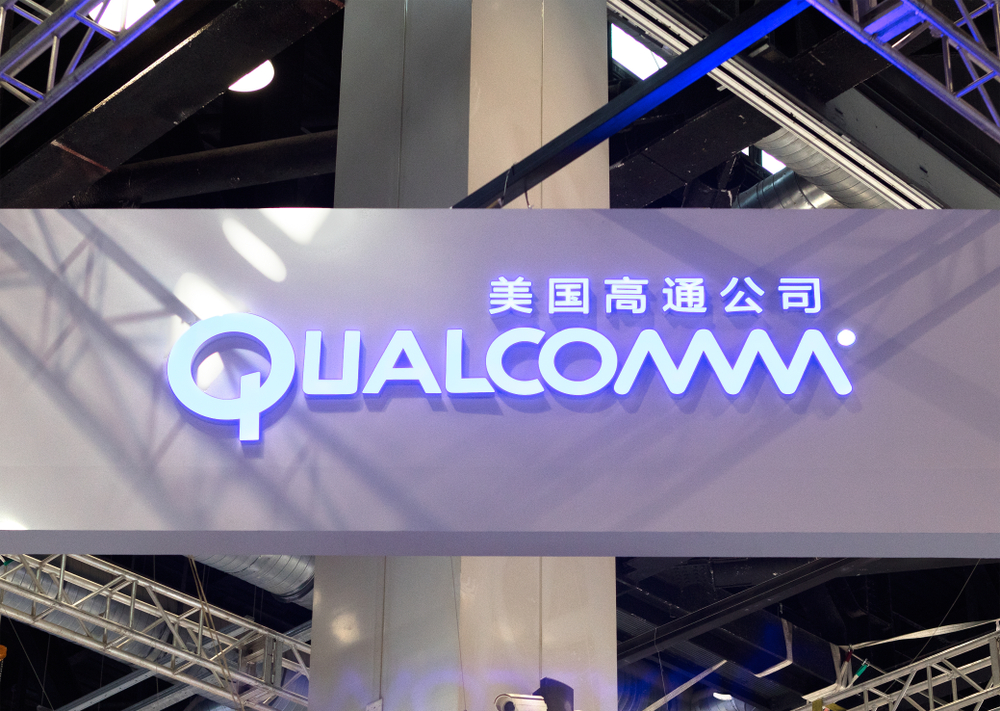US DOJ Wants Judge Koh to Take It Easy on Qualcomm
Everything is coming up Qualcomm. Shortly after the company settled its dispute with Apple, the U.S. Department of Justice (DOF) said U.S. District Judge Lucy Koh should be careful not to rush to punish Qualcomm in the U.S. Federal Trade Commission’s (FTC) antitrust case, which started in January 2017.
The FTC is a government body meant to guard against anticompetitive business practices. It alleged that Qualcomm used its patents to maintain an effective monopoly over the baseband processor market, which in turn sees its products used in the majority of smartphones. According to the FTC, Qualcomm's strict patent licensing terms and royalty demands led to decreased competition, as well as increases in smartphone prices passed on to consumers.
Shortly after, Apple filed multiple billion-dollar lawsuits over Qualcomm’s licensing agreements that eventually led to a global fight over how both companies run their businesses. That battle ended in April with Apple signing a new deal, agreeing to make Qualcomm the only supplier of wireless modems in the iPhone and paying $4.5 billion to cover past licensing fees.
But Apple wasn’t the only one going after Qualcomm. In addition to the FTC, the company’s also been criticized by the Korea Fair Trade Commission, the European Commission and Intel among others. So even though Qualcomm has settled with Apple, it still hasn’t escaped scrutiny.
Enter the DOJ, which said in a filing that it fears a harsh punishment from Koh in the FTC’s antitrust case might “reduce competition and innovation in markets for 5G technology and downstream applications that rely on that technology.” The FTC wants Qualcomm to be punished for establishing a monopoly in the smartphone market; the DOJ wants 5G wireless networks.
It’s possible that the DOJ’s defense of Qualcomm is related to the U.S. government’s criticism of and skepticism towards Huawei and ZTE. We won’t rehash everything here, but suffice it to say that much like other governments around the world, the U.S. has been cautious about allowing Chinese telecoms to establish 5G networks for fear of China using them to spy.
Those fears mean it’s important for U.S. companies to remain competitive in the 5G market. (Not that the rest of the country’s internet infrastructure is competitive with many other developed nations.) Either way, the DOJ has made it clear that not everyone in the U.S. government wants Qualcomm to face harsh punishment for (alleged) monopolization.
Get Tom's Hardware's best news and in-depth reviews, straight to your inbox.
The DOJ wants Koh to hold hearings to allow for outside input on how Qualcomm should be punished. If it does, we wouldn’t be surprised if things continue to go Qualcomm’s way. Hopefully we’ll know how Koh plans to proceed with the case sooner than later.

Nathaniel Mott is a freelance news and features writer for Tom's Hardware US, covering breaking news, security, and the silliest aspects of the tech industry.
